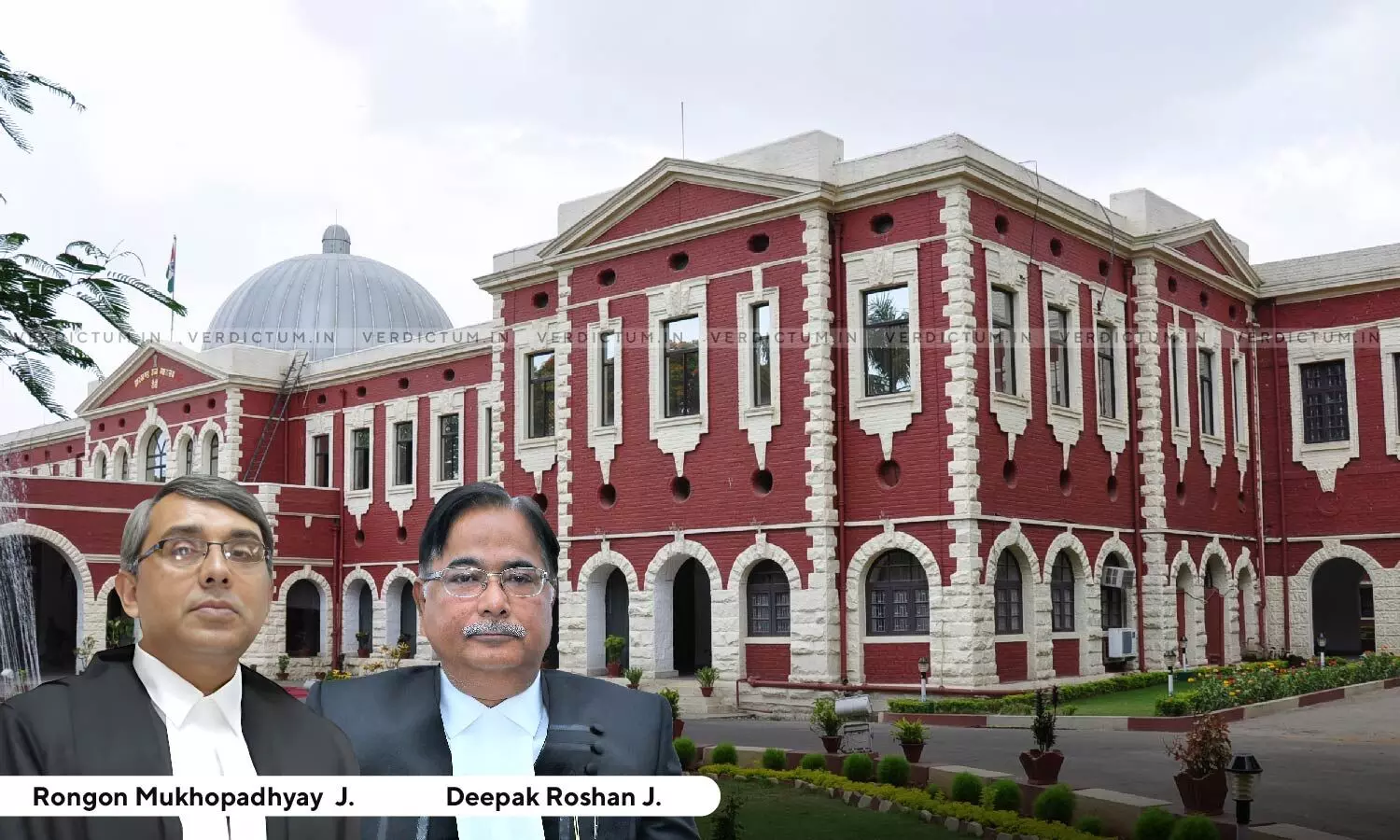
Directorate General Of GST Intelligence Doest Not Have Wider Power Or Privilege Compared To State GST Officers: Jharkhand HC
 |
|The Jharkhand High Court held that Directorate General of Goods and Services Tax Intelligence (DGGI) does not have wider scope of special powers or privileges in comparison to the State Goods and Services Tax (GST) officers.
The Court disposed of a Petition seeking directions against the summons issued by the State Goods & Services Tax Department and DGGI, the Intelligence Branch of CGST.
The Court noted that the State Authorities have initiated proceedings for wrongful Input Tax Credit claims. These initial-stage proceedings, whether by the State Authorities, Preventive Wing, or DGGI, prioritize 'Search & Seizure' actions by the State Authorities.
The Court noted that Section 6(2)(b) and the clarification of October 5 2018 support the petitioner, emphasizing the interrelated nature of all proceedings and suggesting the State Authorities continue them.
The Bench comprising Justice Rongon Mukhopadhyay and Justice Deepak Roshan observed, “inasmuch as, the officers of the DGGI does not enjoy any special power or privilege in comparison with the officers of the State GST Authorities”.
Advocate Nitin Kr. Pasari appeared for the Petitioner, Additional Advocate General Sachin Kumar appeared for the State, Advocate Amit Kumar appeared for the Principal Commissioner, Central Goods & Service Tax and Central Excise and Senior Standing Counsel Ratnesh Kumar appeared for the Senior Intelligence Officer, Directorate General of GST Intelligence.
The Petitioner, owner of M/s. Manish Trading Company dealing in Iron & Steels and Cements since 2017-18, underwent inspection by the Intelligence Bureau of the State Goods & Service Tax. Asserting proper reporting in GST returns, the Petitioner adjusted outward tax liability against available Input Tax Credit.
While the State Goods & Services Tax Department initiated proceedings, the Preventive Branch of Central Goods & Services Tax, Ranchi, issued a notice, demanding reversal of Input Tax Credit for alleged purchases from a non-existent entity.
Simultaneously, the DGGI, the Intelligence Branch of CGST, searched, resulting in seizures and summonses by the Preventive Wing and DGGI. The Petitioner's residential flat was searched, leading to reversals via GST DRC 03, totalling Rs. 3.42 Crores, in response to summonses from State GST (Preventive Wing) and DGGI.
Facing summons from 3 GST Departments, the Petitioner sought a declaration in court that the authority initiating proceedings first should be the sole authority to proceed.
After a thorough examination of Section 6(2)(b) of the Act, the Court noted the interconnected sequence of events under the Act, particularly when considered alongside the Clarifications dated October 05, 2018, and June 22, 2020. The Bench emphasized the interrelated nature of any inquiry or investigation conducted by various departments. Despite the Senior Intelligence Officer's (Respondent No. 5) assertion that their proceedings originated from information received from Noida, the Court noted it challenging to argue that the Directorate General of Goods and Services Tax Intelligence (DGGI) questions the credibility and competence of the State GST Authorities in investigating wrongful or inadmissible claims of Input Tax Credit.
The Court emphasized that the officers of the DGGI do not possess any special powers or privileges compared to the officers of the State GST Authorities. Expressions of hesitation were conveyed in accepting such arguments, given that the State Authorities had also initiated proceedings for the wrongful or illegal availment of Input Tax Credit.
Additionally, the Bench noted that the proceedings initiated by the State Authorities, including the Preventive Wing and the DGGI, were at an initial stage, and those based on 'Search & Seizure' by the State Authorities preceded others in time. Consequently, Section 6(2)(b) along with the clarification dated October 05, 2018, supported the petitioner's contentions, highlighting the interrelated nature of all proceedings and suggesting that the State Authorities should continue with the ongoing proceedings.
Addressing concerns about the attachment of the bank account, which seemed perplexing as it occurred before any determination or finding of irregular/inadmissible/wrong availment of Input Tax Credit, the Court viewed this action as a coercive tactic and strongly disapproved of it, citing misalignment with the principles of the Act.
In conclusion, the Court directed the Preventive Wing of the Central Goods and Services Tax (CGST) and the DGGI Wing of the CGST to transfer all their investigations against the petitioner and related transactions to the State Authorities. The State Authorities were instructed to continue the proceedings from the same stage. Subsequently, the Principal Commissioner and the Senior Intelligence Officer were directed to transfer all investigations to the Joint Commissioner of State Taxes, who would proceed further against the petitioner per the law.
Accordingly, the Court disposed of the Appeal.
Cause Title: Vivek Narsaria v The State Of Jharkhand